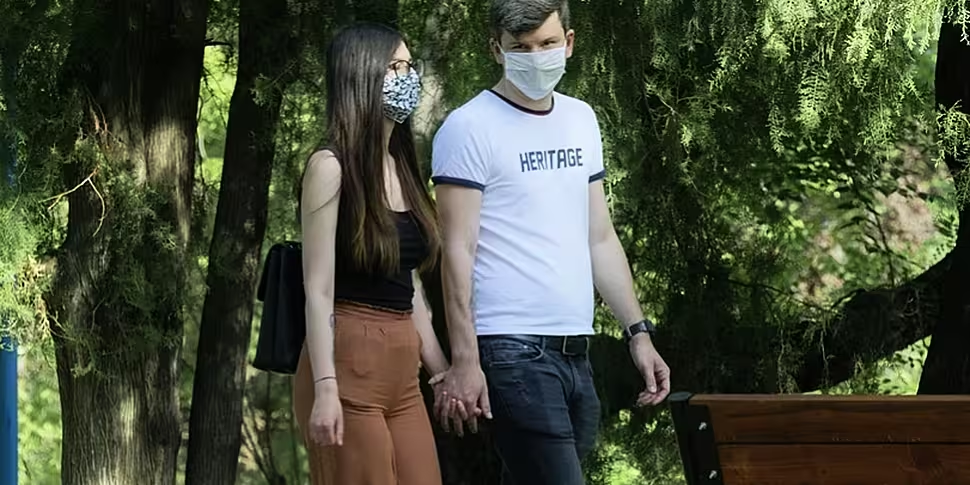
A campaign to encourage people to wear face masks is being launched next week.
A new study suggests the compulsory use of face masks could slow the spread of coronavirus by as much as 40 percent.
Researchers in Germany found the number of positive cases dropped significantly after coverings were made mandatory in shops and public transport.
After the introduction of the mandatory masks, “the number of new infections fell almost to zero”, noted the report, which was written by four academics working in Germany and Denmark and published by an independent research body, the Institute of Labor Economics (IZA).
“We believe that the reduction in the growth rates of infections by 40 per cent to 60 per cent is our best estimate of the effects of face masks . . . We should also stress that 40 to 60 per cent might still be a lower bound,” they write.
“The daily growth rates in the number of infections when face masks were introduced was around 2 to 3 per cent. These are very low growth rates compared to the early days of the epidemic in Germany, where daily growth rates also lay above 50 per cent. One might therefore conjecture that the effects might have been even greater if masks had been introduced earlier.”
A new campaign is being launched in Ireland next week to encourage more people to wear face coverings in places where social distancing is difficult.
However, they're not going to be made compulsory here and Dr Tony Holohan says a face mask alone won't protect people.
''One of the things we do have concern about is if people feel if they wear a mask it's a little bit like wearing a hurling helmet - or you could put yourself in more danger when you have a helmet on because you feel you're a little bit more invincible'', he said.
He added that it's important people don't feel like they are invincible by wearing mask and should continue following other guidelines such as hand washing and social distancing.













